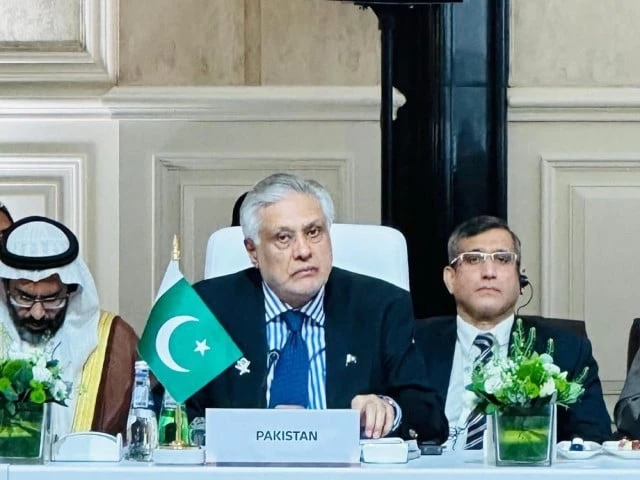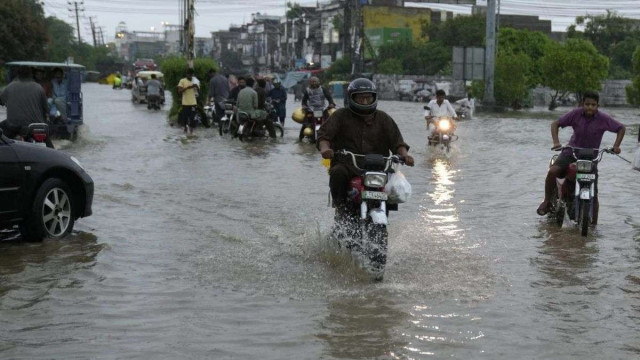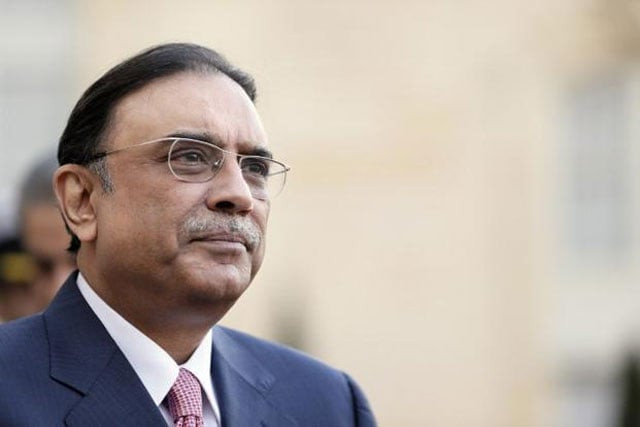Pakistan’s Bold Stance at the Arab-Islamic Summit
On a dynamic Sunday in Islamabad, Pakistan stepped into the spotlight at the preparatory ministerial meeting for the emergency Arab-Islamic Summit in Doha. The nation presented a robust set of proposals aimed at addressing ongoing tensions in the region, particularly focusing on holding Israel accountable for its actions. It’s a critical moment not just for Pakistan, but for the entire Arab-Islamic world.
A Call for Unity and Action
Deputy Prime Minister and Foreign Minister Ishaq Dar laid out a compelling seven-point plan in response to Israel’s recent airstrikes, which included calls for accountability and a joint Arab-Islamic task force to deter further aggression. His firm rhetoric echoed a growing frustration: “Israel must be held accountable for war crimes and crimes against humanity.”
Dar underscored the necessity of a united front among Muslim nations, urging them to back concrete measures. His proposals include pursuing Israel’s suspension from the UN, demanding a ceasefire through the UN Security Council, and ensuring humanitarian access in Gaza—key points that highlight the urgency of the situation.
Implications for International Law
What is particularly concerning is the broader implications for international law. Dar labeled the recent strikes on Qatar “illegal and unprovoked,” calling out Israel’s actions as a violation not only of sovereignty but also of diplomatic principles. With Qatar’s pivotal role in facilitating ceasefires, he posited that such aggressive maneuvers are an attack on the entire framework of international diplomacy.
Strengthening Alliances
It was more than just talk; Pakistan’s recent visit to Doha by Prime Minister Shehbaz Sharif showed a commitment to stand in solidarity with Qatar. The efforts to mobilize support reflect a nuanced understanding of the regional dynamics at play.
Beyond Qatar, Dar engaged with foreign ministers from Egypt and Malaysia, all echoing similar sentiments against Israel’s strikes, highlighting a shared goal among Islamic nations to foster unity and push back against what they term violations of international norms.
The Future of Arab-Islamic Relations
The upcoming Arab-Islamic Summit will be crucial. As tensions rise, it’s imperative for Muslim countries to come together, form a collective response, and perhaps even reshape the narrative surrounding the Israeli-Palestinian conflict. The stakes have never been higher, and the world is watching.
In these challenging times, it’s vital to stay informed and connected with these developments. For those looking to engage further in discussions about international relations and social justice, platforms like Pro21st provide valuable insights and community dialogue. Let’s continue to advocate for peace and accountability together.
At Pro21st, we believe in sharing updates that matter.
Stay connected for more real conversations, fresh insights, and 21st-century perspectives.





